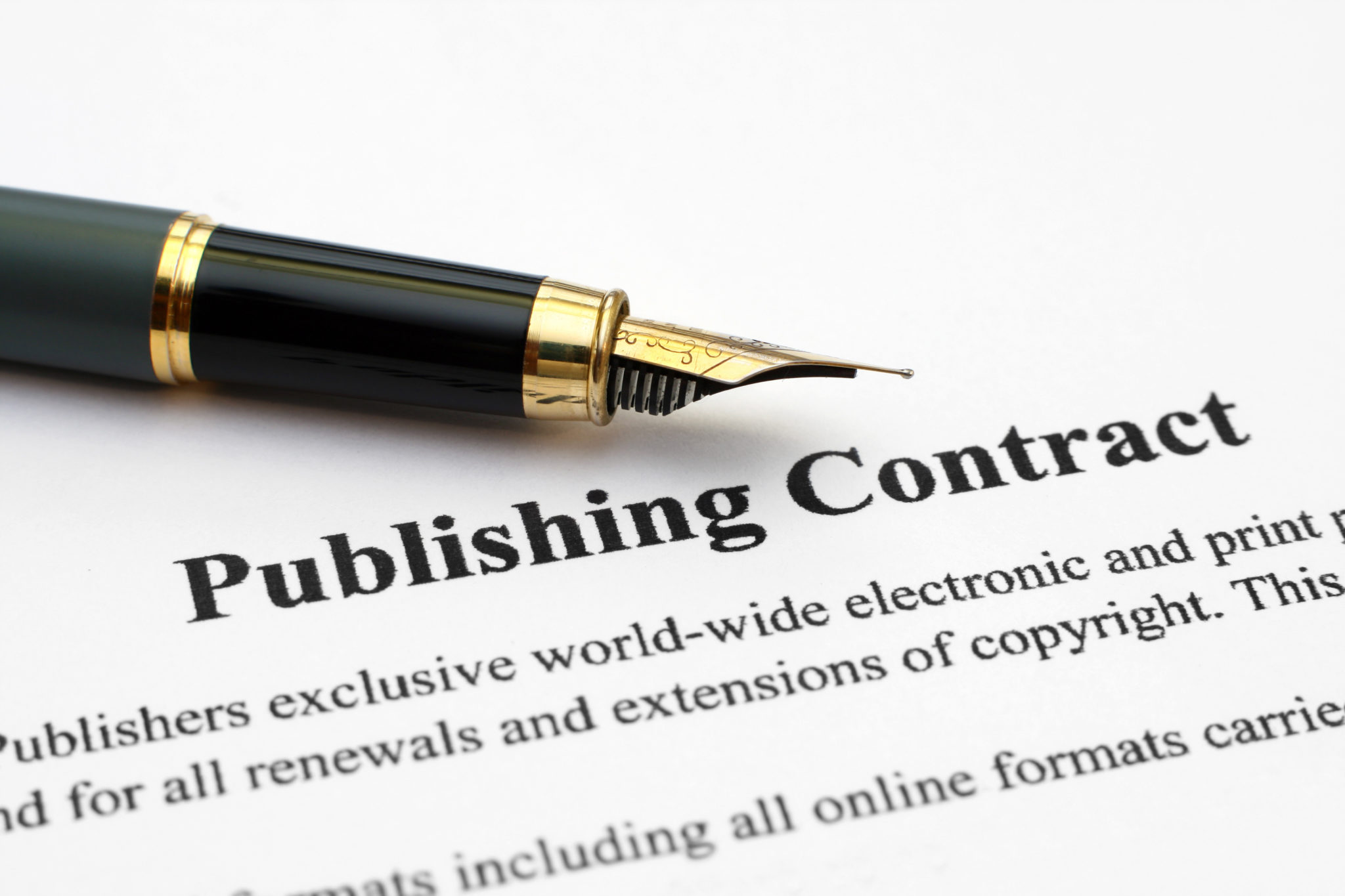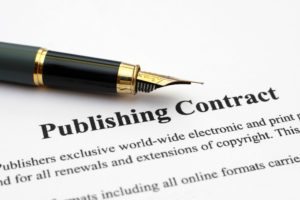There are pros and cons to traditional publishing vs. indie or self-publishing. Why not do both? Pub Crawl has started an excellent series on just this question!
Benefits of being a hybrid author: When to self-publish and when to go the traditional route? Part One: Traditional Publishing
by
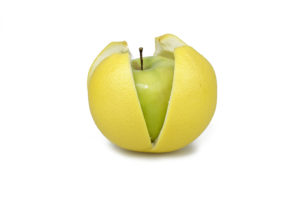 Julie here! Today, I have Falguni Kothari as my guest on the blog. Falguni is a successful “hybrid author,” with both traditional and self-publishing experience. Her new book, MY LAST LOVE STORY (Harlequin/Graydon House), comes out tomorrow, January 23, 2018. This is Part One of a two part post, so be sure to come back tomorrow for Part Two. Take it away, Falguni!
Julie here! Today, I have Falguni Kothari as my guest on the blog. Falguni is a successful “hybrid author,” with both traditional and self-publishing experience. Her new book, MY LAST LOVE STORY (Harlequin/Graydon House), comes out tomorrow, January 23, 2018. This is Part One of a two part post, so be sure to come back tomorrow for Part Two. Take it away, Falguni!
Never keep all your eggs in one basket. The adage has become more of a philosophy I’ve adopted to navigate various aspects of my life, including my publishing career. So, what or who is a hybrid author? A writer who avails herself of all the publishing opportunities available to her, such as traditional, self and paid publishing, in various combinations, is a hybrid author. She is not turned off by the ever-shifting landscape of the publishing industry, but rather, she slams open doors for herself and charges across the altering, often turbulent publishing landscape, very much a captain of her own ship.
Read the full post on Pub Crawl!

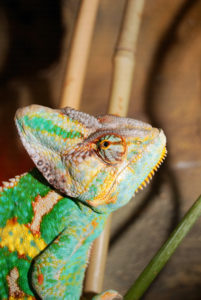 Today I’m talking with Australian author John Birmingham about his journey from the dizzying heights of the traditional publishing scene, to deciding to go indie and hybrid and his insights into how the publishing industry has changed. It’s an honest and really fascinating interview.
Today I’m talking with Australian author John Birmingham about his journey from the dizzying heights of the traditional publishing scene, to deciding to go indie and hybrid and his insights into how the publishing industry has changed. It’s an honest and really fascinating interview. The ultimate decision-maker at a publishing house in whether to offer a contract has changed over the past several years. Having done my share of presentations at publishing committees, I soon learned that anyone can scuttle a project. All he or she needs to do is vociferously offer negative opinions about it. By questioning the feasibility of making money on the book (which is the bottomline), that person knows what the outcome of the discussion will be. The tide will turn against the project. But one individual on the committee has the power to sway others to his or her opinion more effectively than anyone else.
The ultimate decision-maker at a publishing house in whether to offer a contract has changed over the past several years. Having done my share of presentations at publishing committees, I soon learned that anyone can scuttle a project. All he or she needs to do is vociferously offer negative opinions about it. By questioning the feasibility of making money on the book (which is the bottomline), that person knows what the outcome of the discussion will be. The tide will turn against the project. But one individual on the committee has the power to sway others to his or her opinion more effectively than anyone else.
 The explosion of independent publishing houses in the U.S. and abroad makes it vital for authors to investigate publishers carefully before signing a contract. While even diligent research can’t ensure you’ll avoid every possible problem, here are some questions to ask before you accept a traditional publishing deal:
The explosion of independent publishing houses in the U.S. and abroad makes it vital for authors to investigate publishers carefully before signing a contract. While even diligent research can’t ensure you’ll avoid every possible problem, here are some questions to ask before you accept a traditional publishing deal:


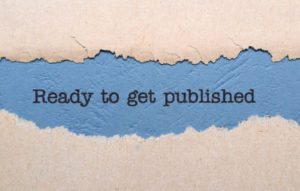 By Weina Dai Randel
By Weina Dai Randel Recently I announced that the publication date of Wintersong has been
Recently I announced that the publication date of Wintersong has been  By Jody Hedlund
By Jody Hedlund